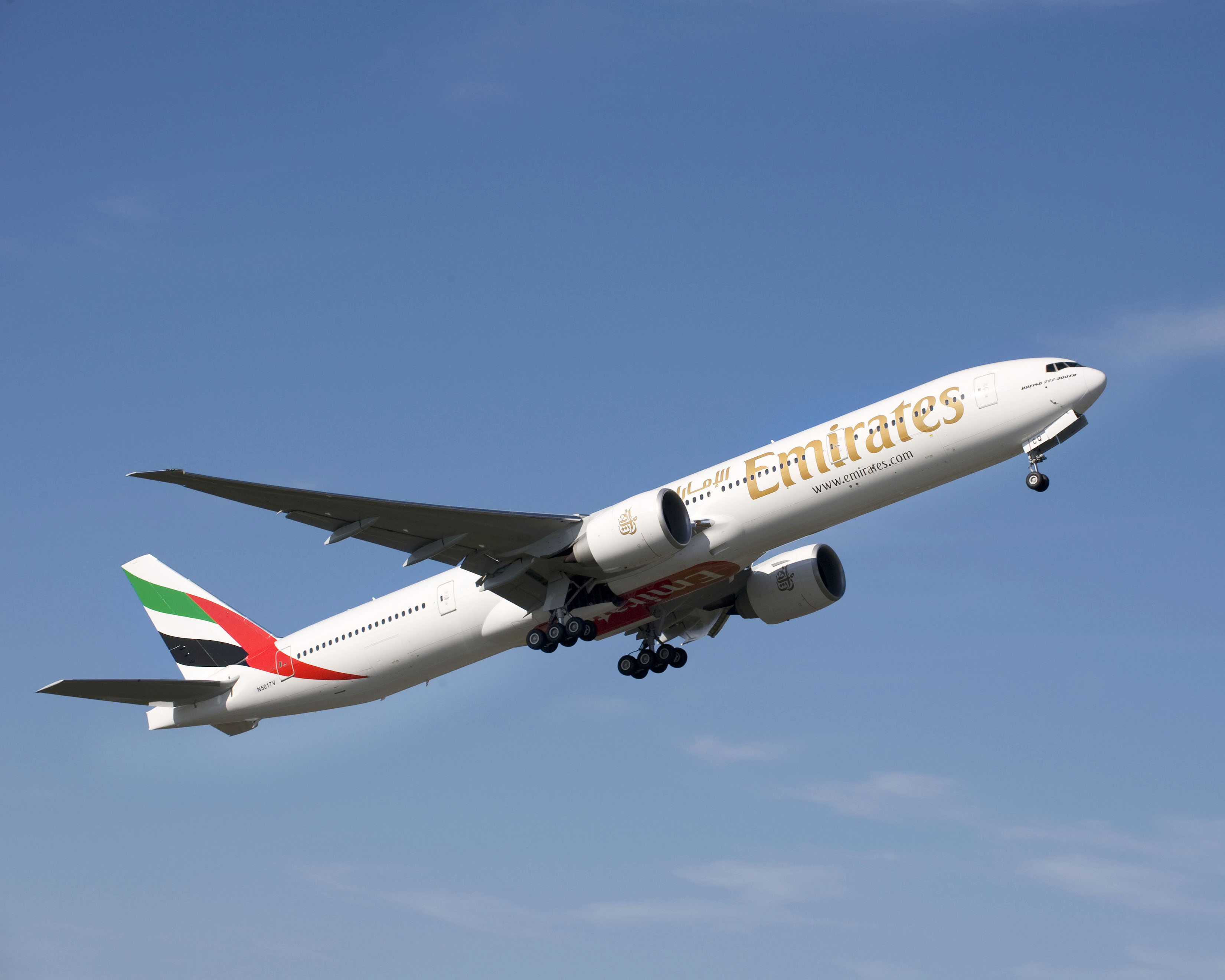
The cancellation is likely to be good news for Boeing Co. (NYSE: BA) and its 777 family of twin-engine, wide-body planes. Emirates Air is Boeing’s largest customer for the 777, having ordered 139 of the current generation of planes. In November last year, the airline placed an order for another 150 of the next generation of the family, the 777X. Combined with an option for another 50 777Xs, the Emirates Air order is worth $76 billion at list prices.
The 777 family of planes is Boeing’s best-selling dual-aisle, two-engine plane. Through the end of May, Boeing had delivered a total of 1,204 of its 777 family of planes and has unfilled orders for another 346.
The company delivered its first 777-200 to United Airlines in May of 1995, and the plane went into service the following month. The first extended range model, the 777-200ER, was delivered to and put into service by British Airways in February 1997. At today’s list price, the 777-200ER would cost $261.5 million and would be the lowest priced model of the 777 family.
Boeing’s order book currently includes 236 new 777-300ER models, 43 777F freighters and 66 777X models. The list price for the 777-300ER is $320.2 million. That is nearly $71 million more than the two-engine 787-9 that Boeing announced last summer and for which the company has taken orders for 404 planes. The Boeing 777X is not scheduled for first deliveries until 2020.
The 777 includes 3 million parts, and those parts come from 500 suppliers around the world. Boeing uses three suppliers for the 777-200ER’s two engines: General Electric Co. (NYSE: GE); Pratt &Whitney, a subsidiary of United Technologies Corp. (NYSE: UTX); and London-listed Rolls Royce. The 777-300ER uses two GE engines, each of which develops 115,300 pounds of thrust.
The 777-200ER has a maximum cruising range of just over 6,000 miles, while the 300ER’s range is listed at slightly more than 9,100 miles. Cruising speed is 560 mph and maximum speed is 590 mph. The plane’s maximum cruising altitude is 43,100 feet.
According to Boeing, a lightly loaded 777 can accelerate from zero to 60 mph in less than six seconds. Not exactly McLaren P1 speeds (about 2.1 seconds), but an empty 777 weighs 150 tons.
What makes the plane so expensive? The 777-300ER can carry 365 passengers, compared with the 787-9’s capacity of 280. The GE engines on the 777 model develop 62% more thrust than the 787’s two engines. The plane is also longer than the Dreamliner, has a greater wingspan and a greater wing area, and is taller. The maximum take-off weight of the 777-300ER is 114 tons, greater than the 787-9.
When the new composite wing is added to the 777X, the list price on the plane will rise to $349.8 million for the 777-8X, which can carry 350 passengers, and to $377.2 million for the 777-9X, which has capacity for 400 passengers.
ALSO READ: Why a Boeing 737 Costs up to $110 Million
Take Charge of Your Retirement In Just A Few Minutes (Sponsor)
Retirement planning doesn’t have to feel overwhelming. The key is finding expert guidance—and SmartAsset’s simple quiz makes it easier than ever for you to connect with a vetted financial advisor.
Here’s how it works:
- Answer a Few Simple Questions. Tell us a bit about your goals and preferences—it only takes a few minutes!
- Get Matched with Vetted Advisors Our smart tool matches you with up to three pre-screened, vetted advisors who serve your area and are held to a fiduciary standard to act in your best interests. Click here to begin
- Choose Your Fit Review their profiles, schedule an introductory call (or meet in person), and select the advisor who feel is right for you.
Why wait? Start building the retirement you’ve always dreamed of. Click here to get started today!
Thank you for reading! Have some feedback for us?
Contact the 24/7 Wall St. editorial team.
